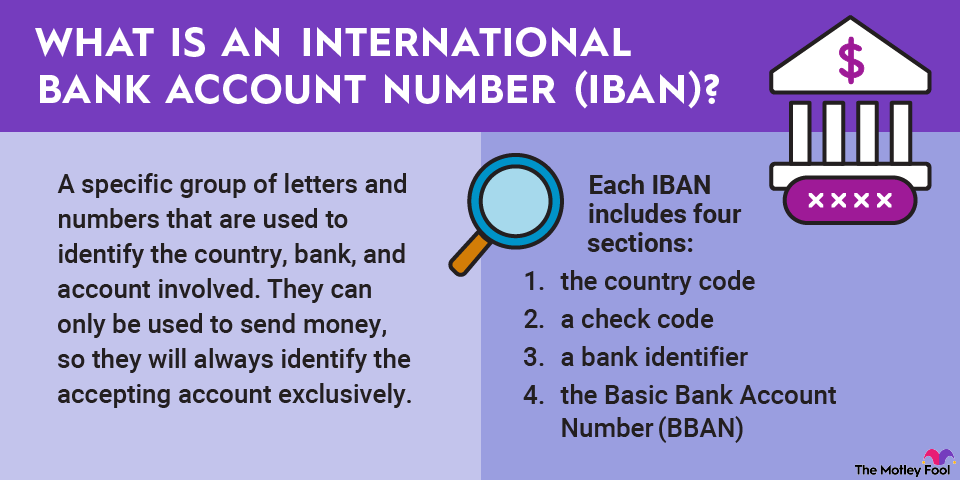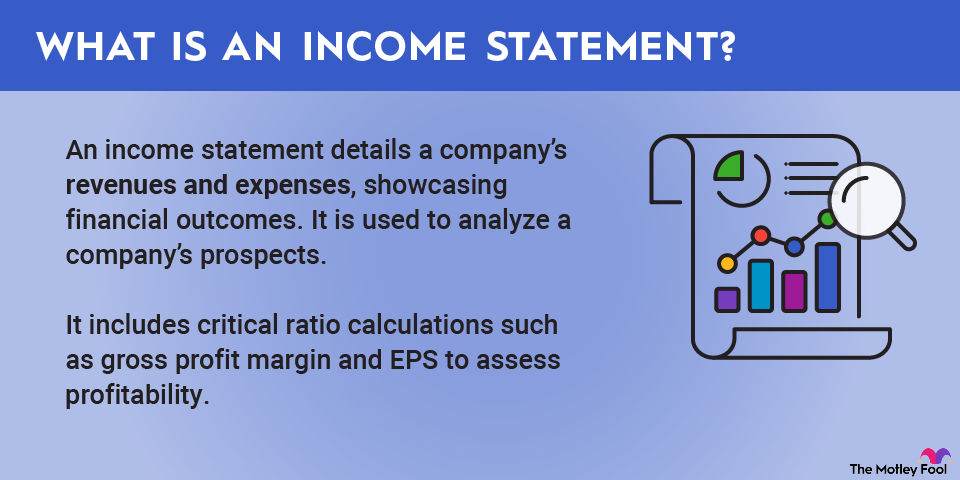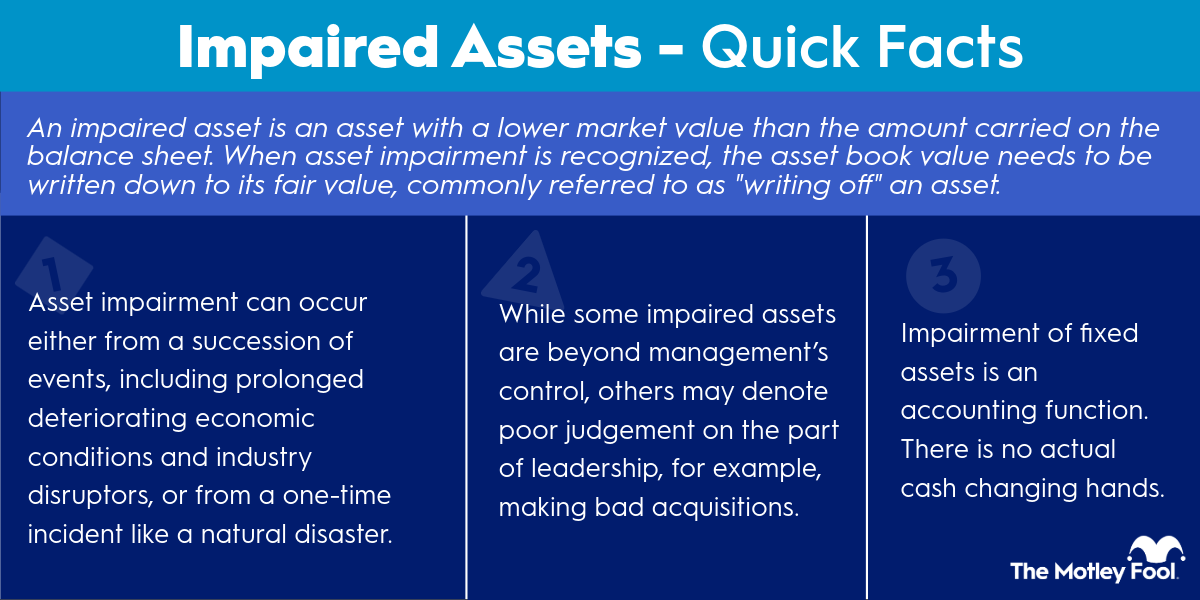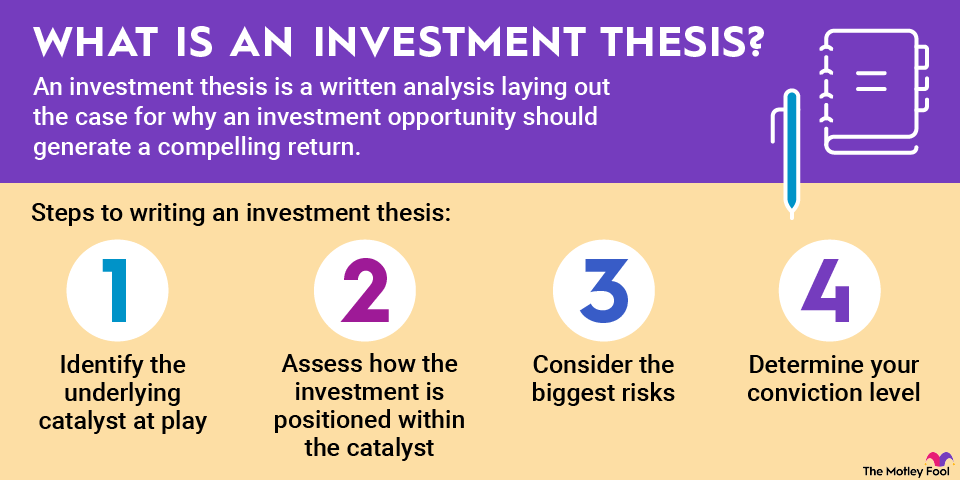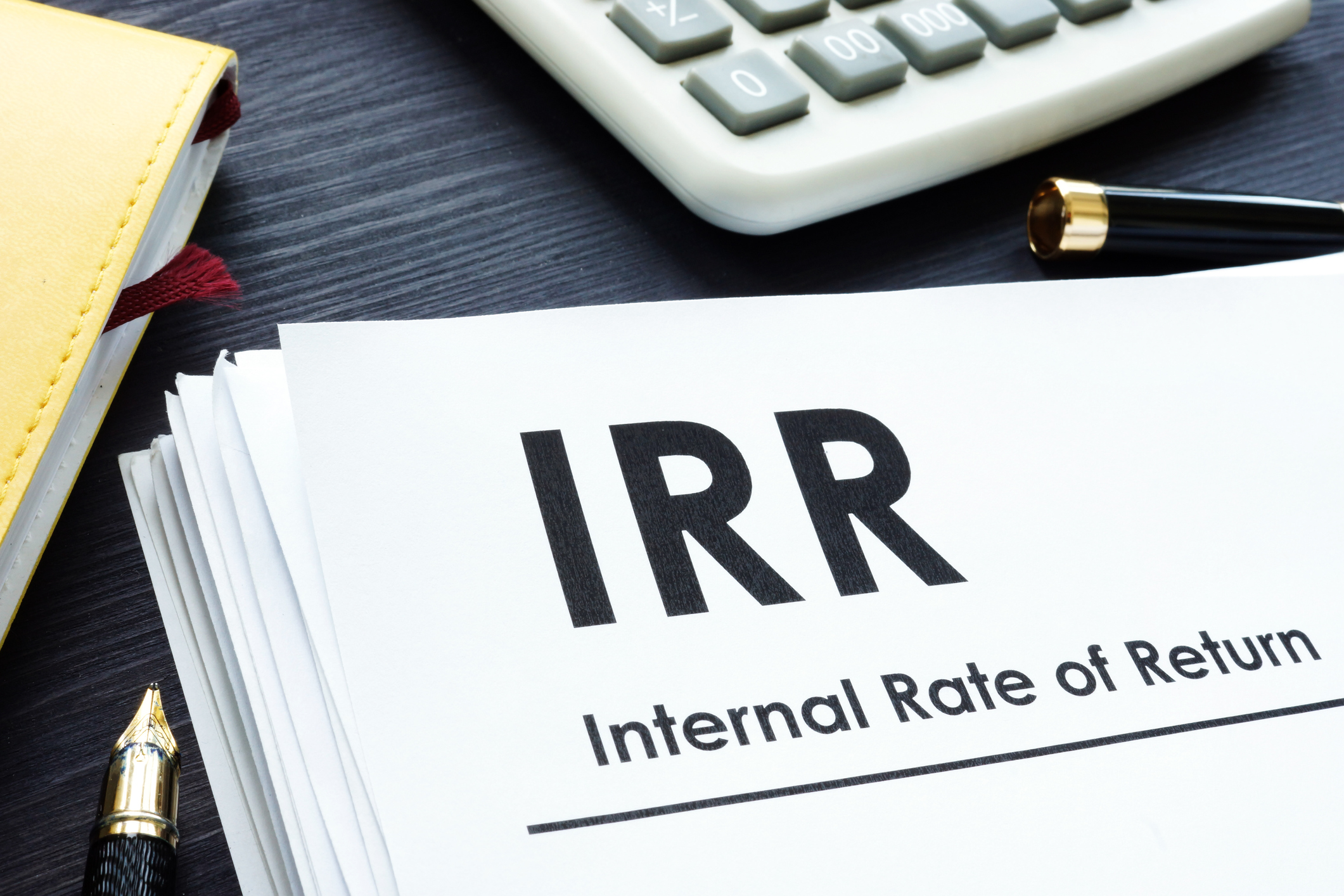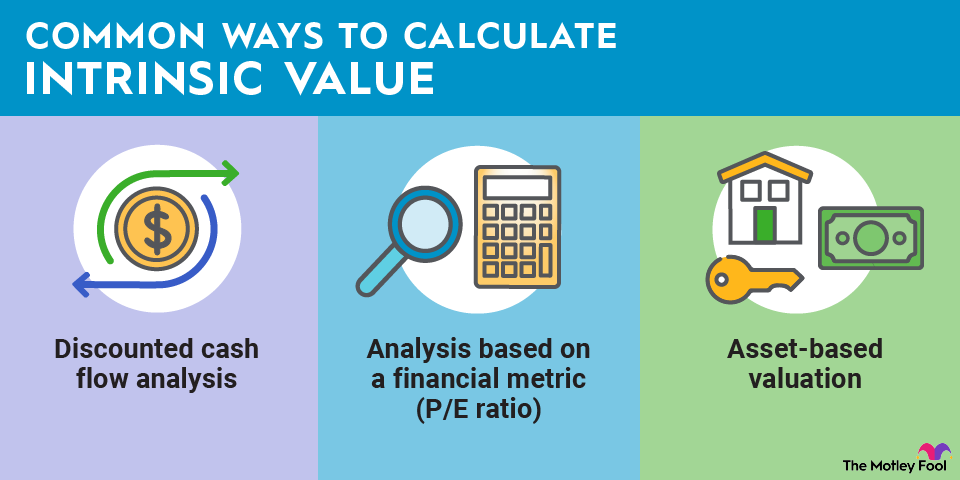Example of an irrevocable trust
In 2014, irrevocable trusts -- specifically qualified personal residence trusts (QPRTs)-- made headlines after Bloomberg reported that Bill and Hillary Clinton had used this strategy.
The Clintons created two separate qualified personal residence trusts in 2010. Then, each Clinton transferred a 50% interest in their New York home into the trusts in 2011.
QPRTs allow a grantor the right to stay in a residence for a specified period of time so the Clintons could continue to enjoy use of their home. The Clintons reportedly set the trusts' terms to 10 years and have named daughter Chelsea as the beneficiary who will inherit the house.
The home was worth $1.8 million for property tax purposes back in 2011, but no doubt appreciated significantly in the decade that followed. However, the value of their taxable gift was locked in at the $1.8 million it was worth in 2011. Any increase in value wouldn't be considered part of their taxable estate, which could produce serious estate tax savings for both Clintons.


